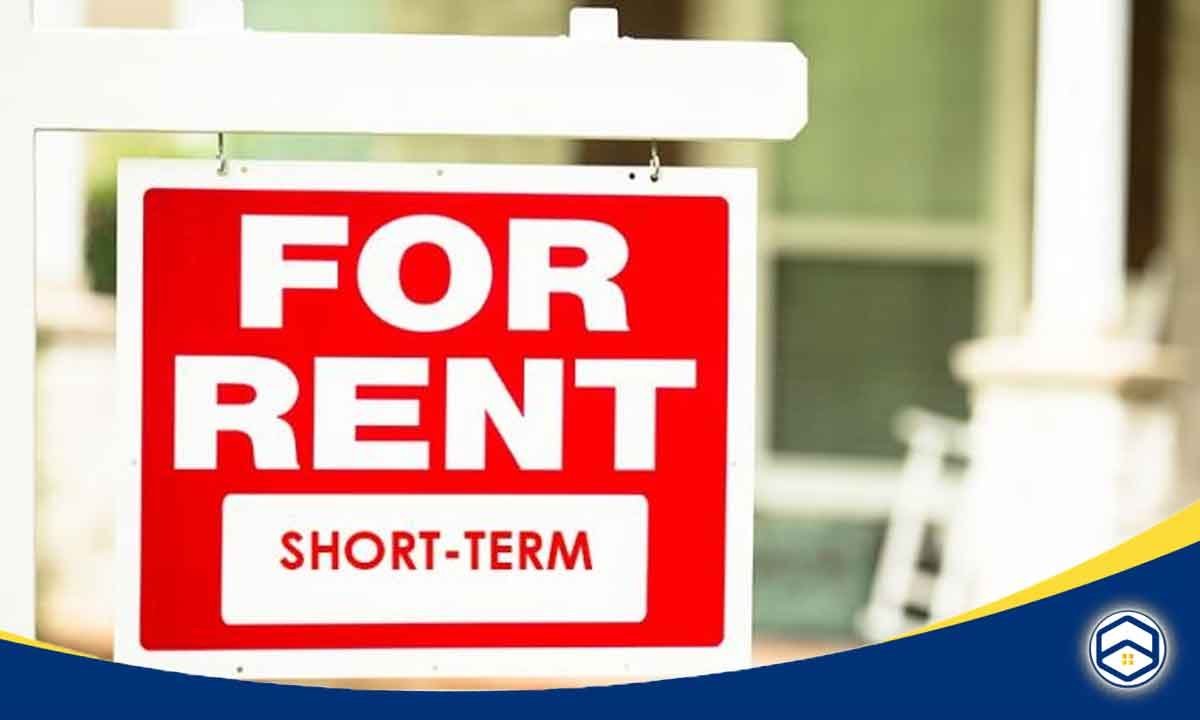For those looking to invest in real estate, short-term rentals provide an interesting opportunity with both potential benefits and challenges. In this blog, we’ll take a closer look at what qualifies as a short-term rental, the unique features of short-term rentals, compare them with long-term options, discuss their pros and cons, and highlight the tax considerations that investors should be aware of.
What is a short-term rental?
For investors exploring real estate opportunities, consider diving into the world of short-term rentals, also known as transient rentals. These are temporary rentals of homes or extra buildings, usually for stays under a month, with the maximum length varying depending on the location’s rules.
Whether called vacation rentals, short-term vacation rentals, or resort dwelling units, these rentals meet the needs of travelers looking for short stays.
Investors can tap into the dynamic market by offering flexible options that suit the preferences of a diverse tenant base.

Grasping the ins and outs of short-term rentals is essential for investors aiming to navigate this expanding field and make the most of the potential for solid returns in real estate.
Short-term rental vs long-term rental
Long-term rentals involve leasing for a year or more, ensuring a stable setup for both landlords and tenants. These agreements have clear terms on rent increases and who’s responsible for maintenance, creating a reliable and predictable arrangement.
Short-term rental vs long-term rental

On the flip side, short-term rentals, often lasting less than 30 days, are linked to second homes or vacation spots. Travelers find these places on various websites, offering investors the chance to provide unique, flexible accommodations.
Short-term rentals shine in tourist hotspots, delivering a variety of lodging options to suit different traveler preferences. Investors need to balance the security of long-term leases with the dynamic and potentially rewarding nature of short-term rentals, aligning their approach with the specific demands and opportunities in the local market.
What are the benefits of short-term rentals?
Short-term rentals come with several advantages that make them a smart investment choice.
Potential for higher gross income
Unlike long-term rentals where the rent is fixed, short-term rates can be changed to match what people are willing to pay. This means property owners can make 2-3 times the money they would with long-term rentals. Adjusting prices to meet market demand not only makes good business sense but also opens up the chance for investors to make more profit.

Easier to take care of
Besides the financial gain, short-term rental properties are easier to take care of. With tenants changing frequently, there are natural breaks for cleaning and maintenance checks. This hands-on approach ensures that the property stays in good shape, reducing the need for big repairs and making it more appealing overall. Keeping up with maintenance not only saves time and effort but also makes guests happy, increasing the chances of them coming back.
Flexibility
Another great thing about short-term rentals is the flexibility they offer. Investors can quickly adapt to market changes by adjusting rental strategies and trying out different options. This flexibility is key in dealing with the ever-changing real estate scene. Short-term rentals give investors the power to stay nimble, respond to trends, and make the most of opportunities, setting them up for success in the competitive rental market.
What are the drawbacks of short-term rentals?
Even though short-term rentals have their pros, investors need to be aware of some downsides that come with this property investment strategy.
Inconsistency in income
Unlike long-term rentals that provide a steady and predictable stream of revenue, short-term rentals may face extended periods of vacancy, impacting the overall financial stability of the investment.
Increased maintenance expenses
The need for full furnishings and regular restocking of personal items adds to the overall operational costs, contrasting with the typically lower maintenance requirements of long-term rentals.

Utility costs pose
Unlike long-term arrangements where tenants often cover utilities, landlords of short-term rentals are frequently expected to shoulder these expenses. This not only increases the financial burden but also adds to the day-to-day management responsibilities.
Dealing with rules and regulations can be a big challenge for investors in the short-term rental market. Lots of towns and cities have put in place tougher rules, like limits on how many people can stay and mandatory taxes on occupancy. Figuring out and following these rules takes more attention and effort compared to the simpler regulations you might find with long-term rentals.
Given these points, investors need to think carefully about the good and bad aspects when deciding if they want to dive into short-term rentals. Doing thorough research and getting a clear understanding of local rules is crucial for making smart investment decisions in this ever-changing and sometimes tricky market.
Conclusion
Short-term rentals offer an interesting but complex investment opportunity. Although investors are attracted to their flexibility and the chance for more income, it’s important to be aware of challenges like unpredictable earnings, higher maintenance expenses, utility costs, and dealing with rules and regulations. Finding the right balance between the advantages and disadvantages is key for investors looking to navigate this ever-changing market successfully. Doing thorough research, understanding local rules well, and planning strategically are crucial for making smart decisions and getting the most out of short-term rental investments.











